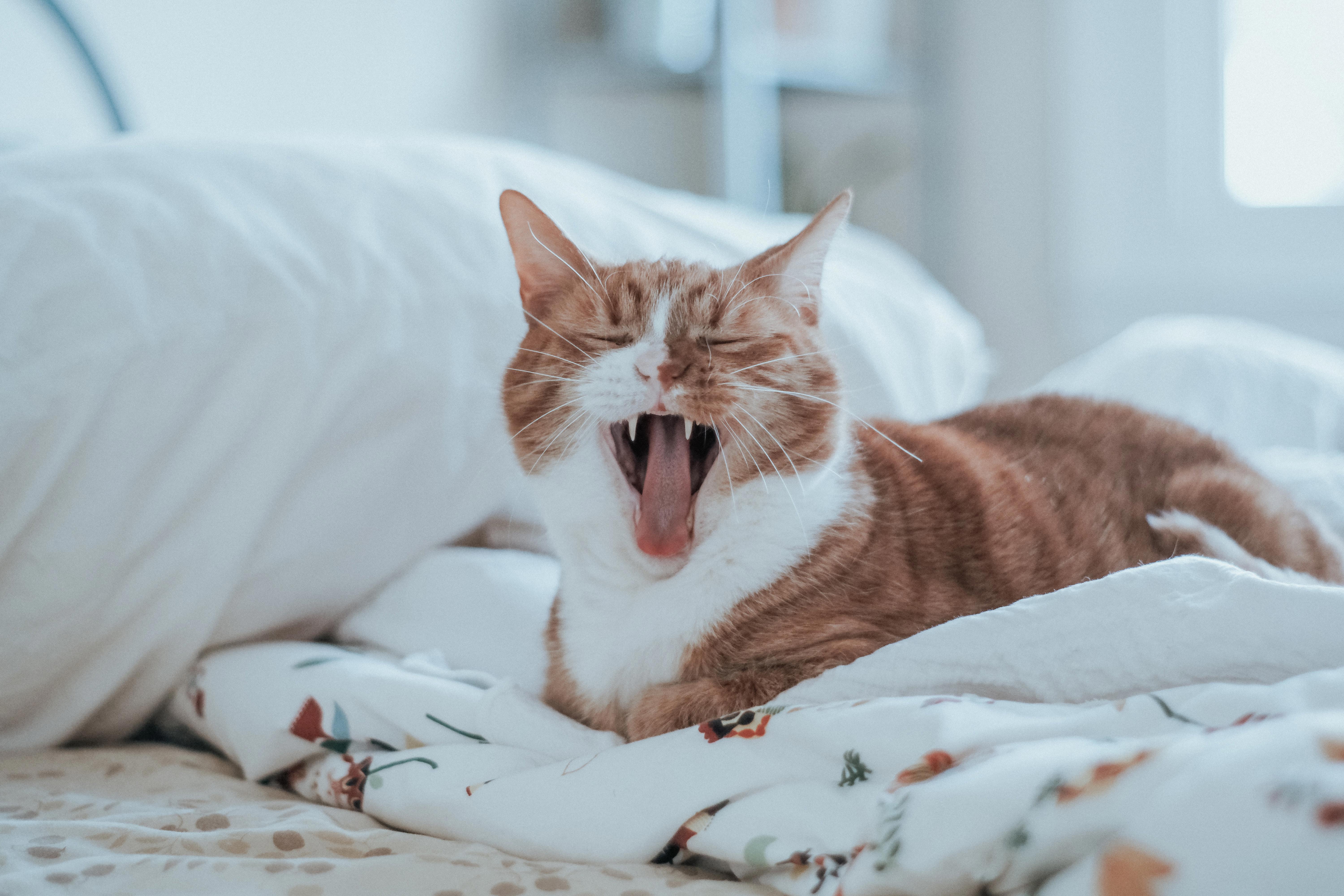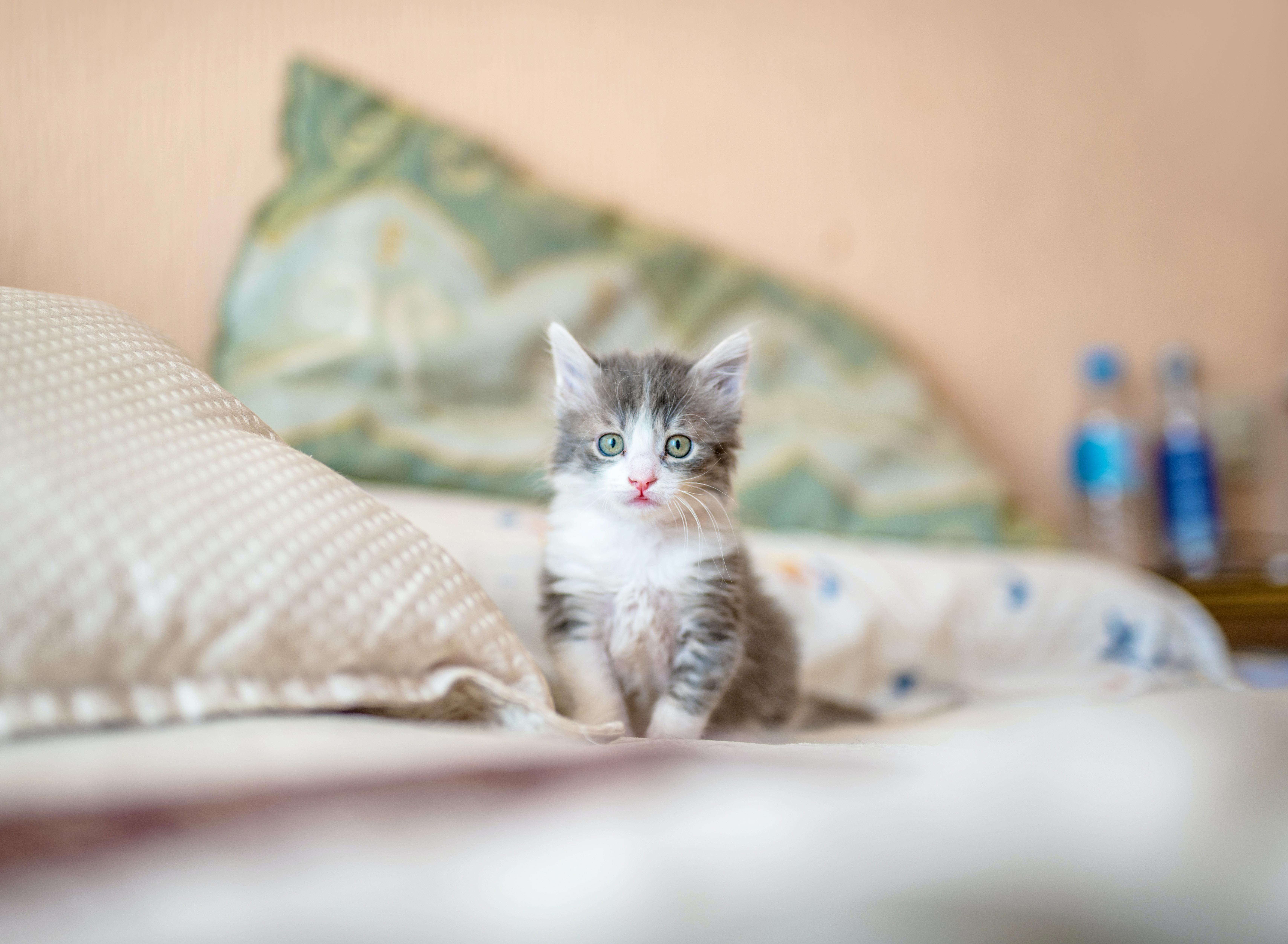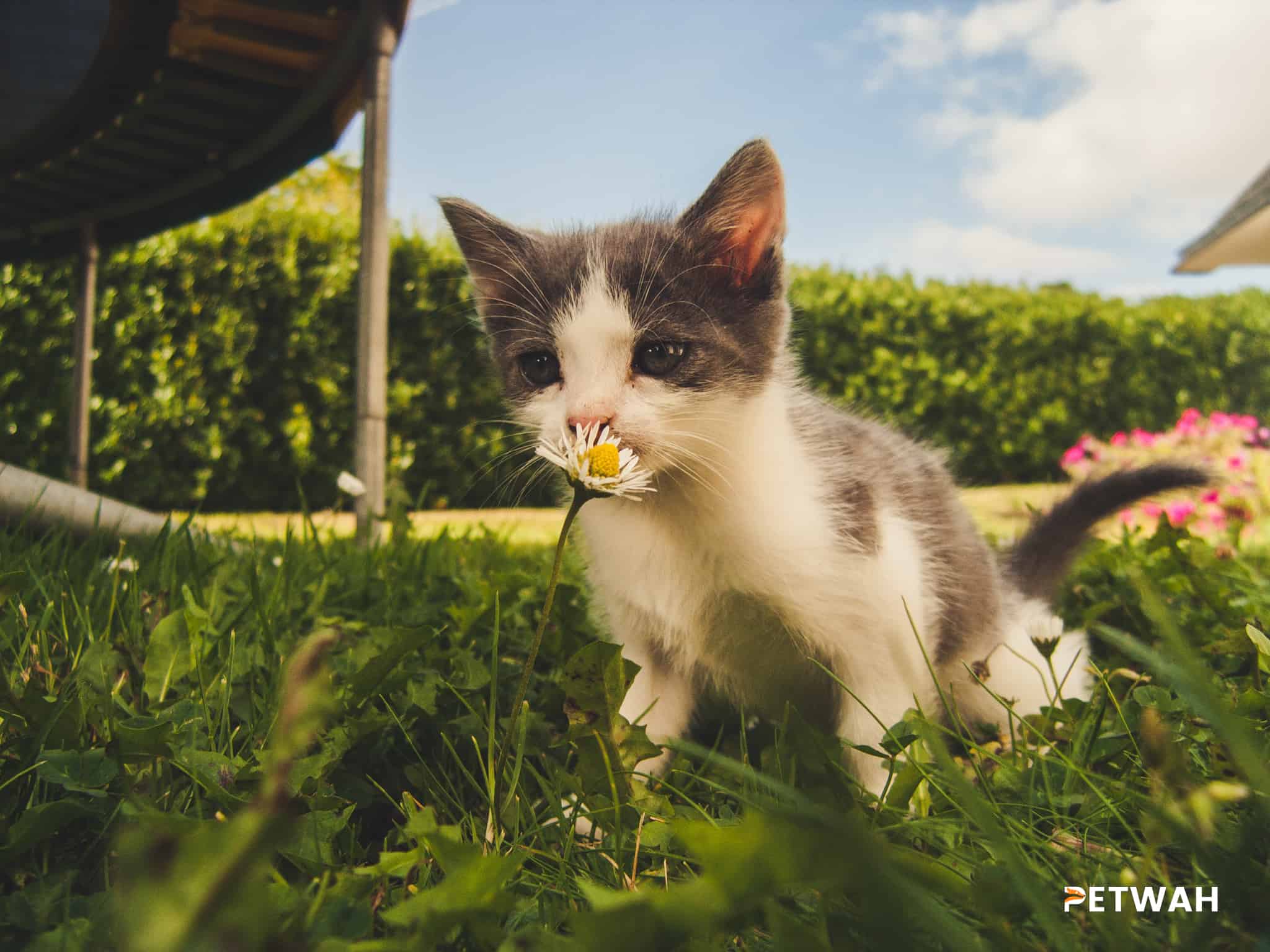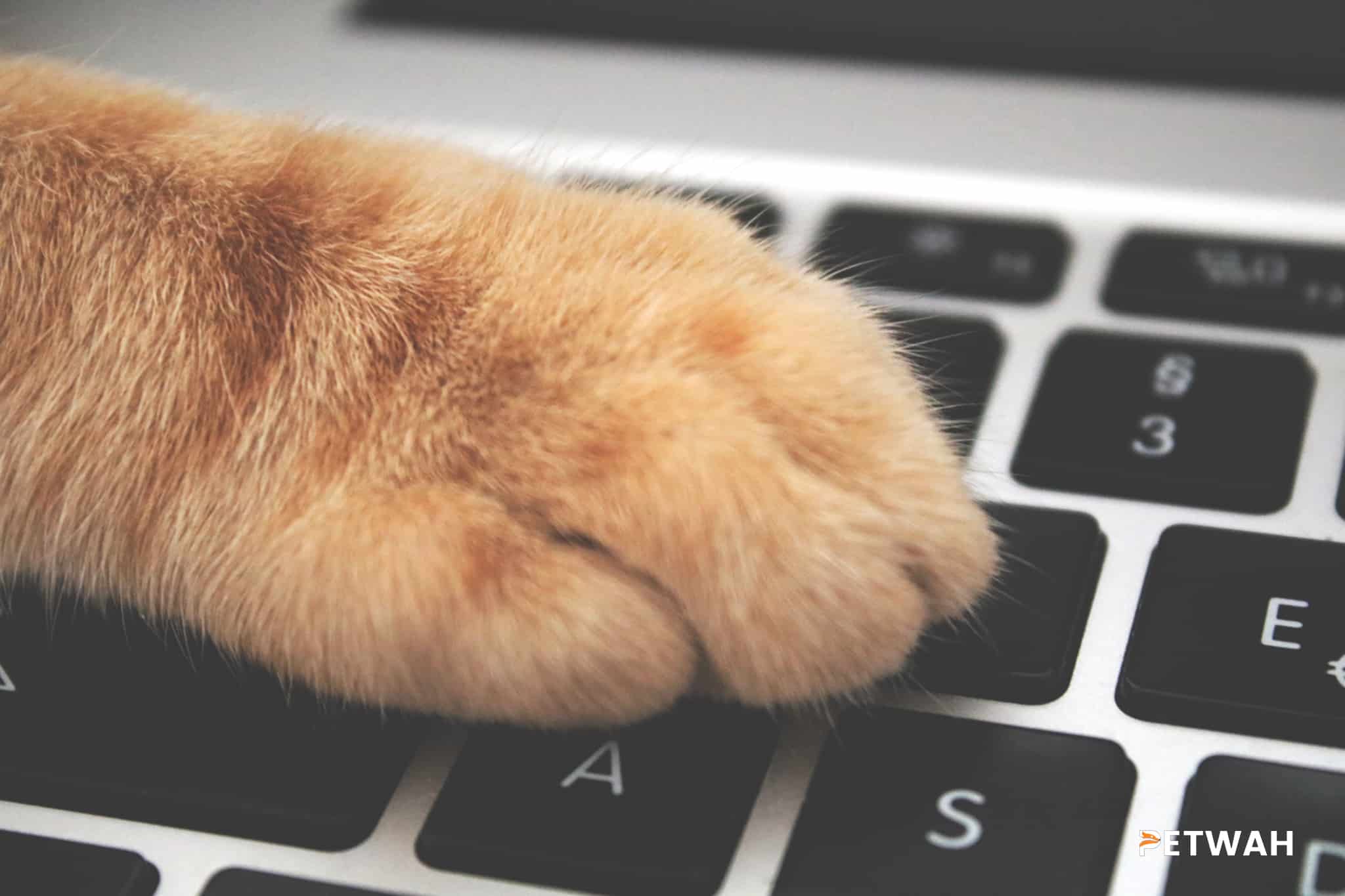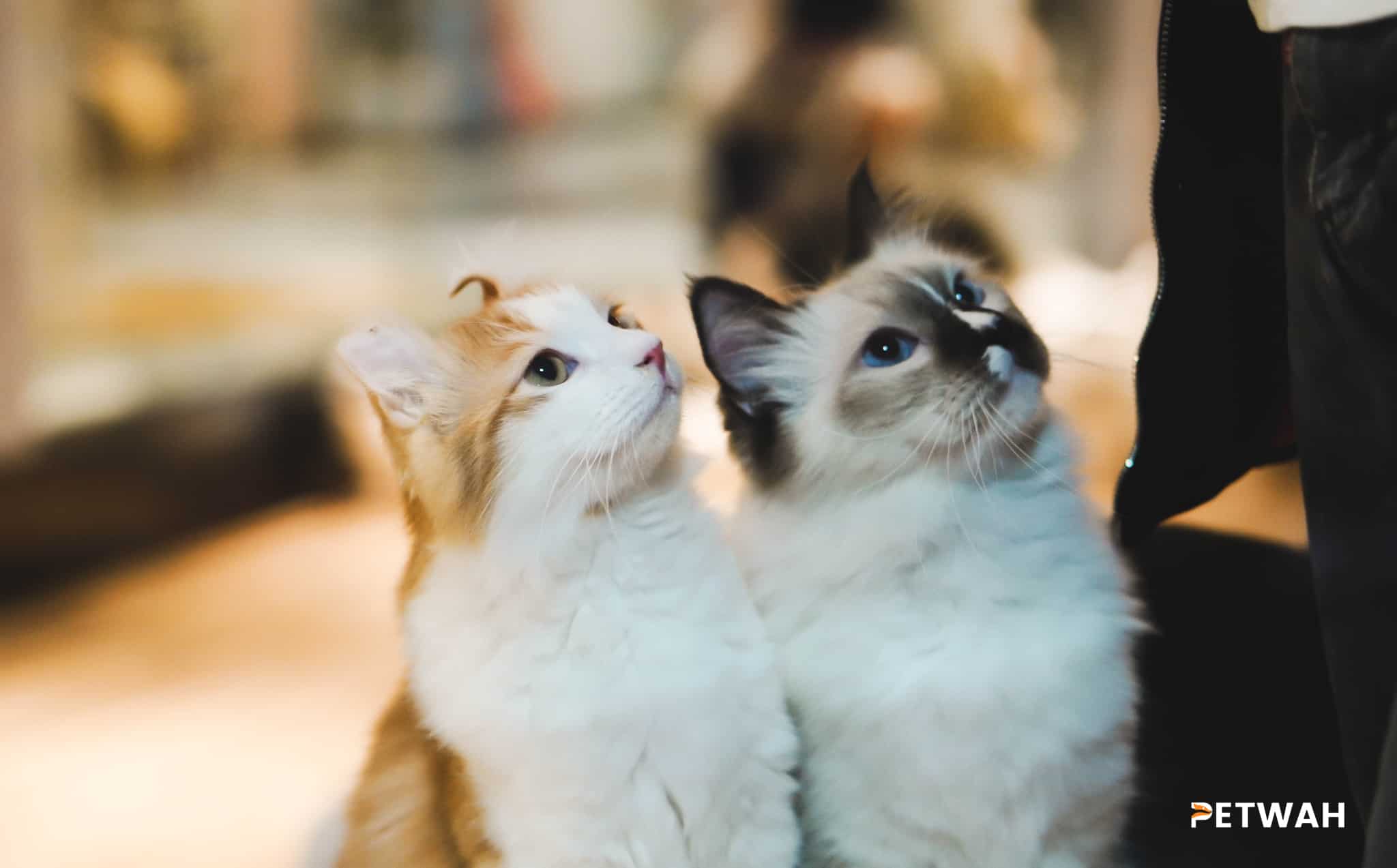Cats are known for their independence, aloofness, and calm demeanor. But, just like humans, they can experience mental health issues such as anxiety and depression. As pet owners, it’s important to know the signs and symptoms of these conditions so we can help our feline friends get the care they need. In this blog post, we’ll explore the question of whether cats can suffer from anxiety or depression, and what you can do to support your cat’s mental well-being. So, let’s dive in and learn more about feline mental health.
Cats are often thought of as independent creatures that can take care of themselves. However, like humans, cats can experience mental health problems such as anxiety and depression. Understanding these issues is critical to providing proper care for our feline friends.
Anxiety in cats can be caused by several factors, including environmental changes, medical conditions, and a lack of socialization. Symptoms of anxiety in cats can include excessive grooming, hiding, aggression, and destructive behavior. It is important to identify the cause of the anxiety and work with a veterinarian to develop a treatment plan. This may include medication, behavioral therapy, and environmental modifications.
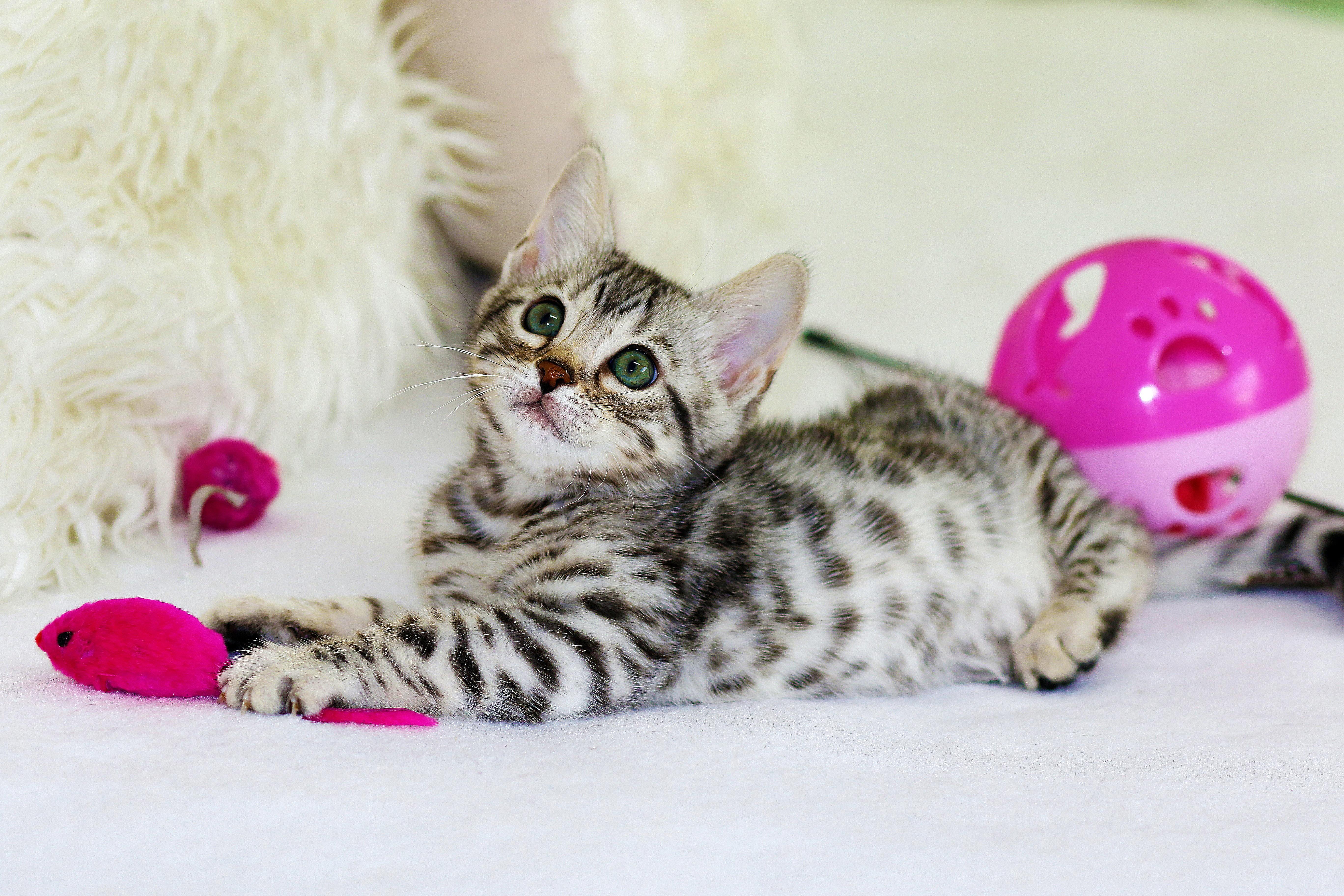
Depression in cats can be caused by a variety of factors, including loneliness, grief, and medical conditions. Symptoms of depression in cats can include a lack of energy, decreased appetite, and changes in behavior. Treatment for depression in cats may include medication, environmental enrichment, and increased socialization.
Prevention is key when it comes to feline mental health. Providing a stable and stimulating environment for your cat can help prevent anxiety and depression. This includes providing regular playtime, socialization, and access to safe and comfortable spaces. Additionally, regular check-ups with a veterinarian can help identify any potential medical issues that may be contributing to anxiety or depression.
In conclusion, cats can experience mental health issues such as anxiety and depression. It is important to be aware of the symptoms and work with a veterinarian to develop a treatment plan. Prevention is key, so providing a stable and stimulating environment for your cat can help prevent these issues from arising. Remember, a healthy cat is a happy cat!
In conclusion, cats are not immune to mental health issues such as anxiety and depression. While these conditions can be difficult to diagnose in felines, pet owners must remain vigilant and pay attention to any changes in their cat’s mood, behavior, and appetite. It is essential to seek veterinary care if you suspect your cat is suffering from anxiety or depression. With proper diagnosis and treatment, your beloved feline can lead a happy and healthy life. Remember, mental health is just as important for our pets as it is for us, and it’s our responsibility to take care of them in every way possible.


